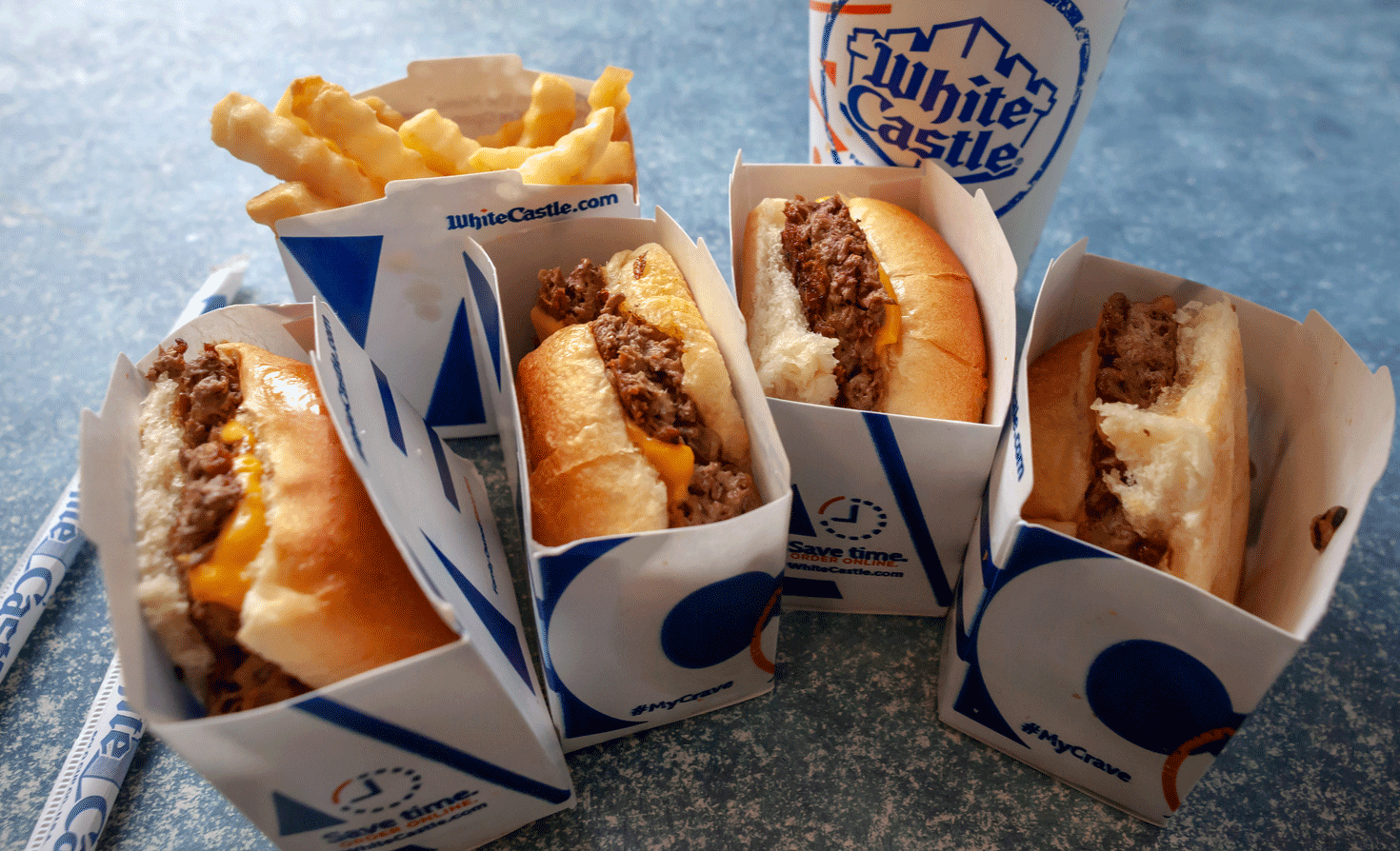The future of plant-based meat

According to independent reviewers, production of an Impossible Burger creates little more than one-tenth of the emissions associated with a regular burger.
本文改编自GreenBiz食品周报。在此注册to receive your own free subscription.
I’m going to say a few skeptical things about plant-based meat, but I want to start by stating something not at all skeptical: Plant-based meat is a potentially world-changing product.
On environmental and animal welfare terms, sausages and burgers and nuggets made from plants are clearly superior to conventional versions. Take greenhouse gases. According toindependent reviewers, production of an Impossible Burger creates little more than one-tenth of the emissions associated with a regular burger. Beef is responsible forroughly half (PDF)of food-related emissions in the United States, so switching to plant-based alternatives would make a noticeable dent in our carbon footprint.
这样的比较中有我生根植物为基础的肉的成功,在过去的几年中它似乎成功几乎板上钉钉了。投资者已经倒数亿美元into the sector, a former startup — Beyond Meat — had one of last year’s most talked-about IPOs, major players such as Tyson have launched plant-based products, and burgers fashioned from plant protein are in Burger King and other national chains. Sales data released last week show that the美国市场对基于植物的肉在2019年增长了18%,为近十亿$。
"The plant-based meat prophecy is finally coming to fruition," declared one food website last month, as it covered news Starbucks was加入除了肉类产品,其菜单.It’s too early to start seeing emissions from beef production fall as plant-based alternatives take market share. But we might realistically see that happen over the coming decade.
那么,为什么怀疑?For starters, there are hints that investor group-think and positive media coverage are fueling a bubble. There are new launches on an almost weekly basis, which is surely too many products for a market that accounts for just 1 percent of total meat sales. And some sales are falling back. In January, Burger King cut the price of the Impossible Whopper following a dip in demand. Tim Hortons, a big Canadian restaurant chain, has removed Beyond Meat products from its menu altogether.
I also wonder about the products themselves. I found the Impossible Whooper to be close to indistinguishable from the real thing, but a lot of the taste of any Whopper comes from the ketchup, mayonnaise, pickles and onions that surround the patty. I’ve enjoyed the plant-based meats I’ve cooked at home, though none had the same texture and flavor of animal meat. Until we get closer to that point, I don’t see plant-based meats grabbing significant market share. (Let alone helping Impossible Foods CEO Pat Brown achieve his goal of减少动物的食物系统。)
由于这些问题,我希望能看到一堆替代肉类启动消失在未来几年。我也希望,这将是艰难的公司大型和小型大干一场越出越重加工肉制品。
Does this mean that plant-based meats won’t rein in carbon emissions?绝对不。进度可能会慢于当前的炒作所暗示的,但产品几乎肯定会好起来的,和每一个改进迭代将说服更多的肉食者切换到以植物为基础的替代品。这件事情,因为大约90%的消费者植物为基础的产品已经可能会发生,是not vegetarian or vegan, points out Caroline Bushnell of theGood Food Institute, an organization that supports the development of alternatives to animal meats.
The switching is the critical thing here. I want Pat Brown and his investors and his staff and his fellow entrepreneurs to succeed. I hope there isn’t a bubble. But the environmental indicators are the more important measure of success. It’s too early to start seeing emissions from beef production fall as plant-based alternatives take market share. But we might realistically see that happen over the coming decade. Then it will be time to celebrate.
(Before I get emails complaining about a conspiracy to ban burgers: I’m not saying we have to give up meat to beat climate change, just eat less of it. Particularly beef.)
As always, I’d appreciate hearing your criticisms and comments. Thanks to everyone who responded to the question I posed last week: when a company removes more carbon from the atmosphere than it emits, has it gone carbon negative or carbon positive? I’ll be publishing responses next week, so please email me at[电子邮件保护]如果你对此事的看法。




